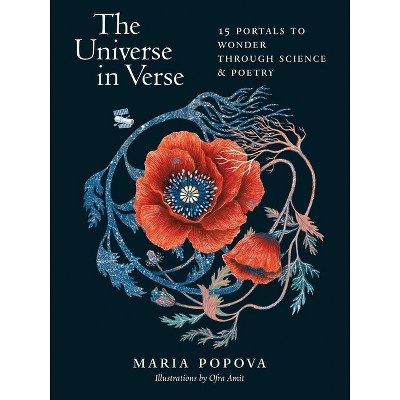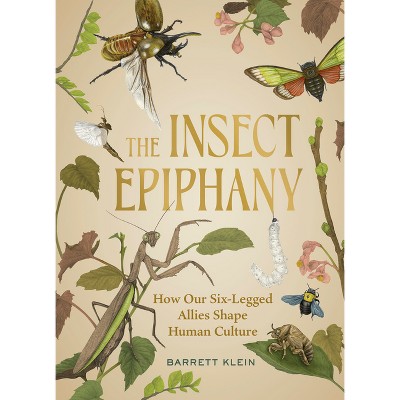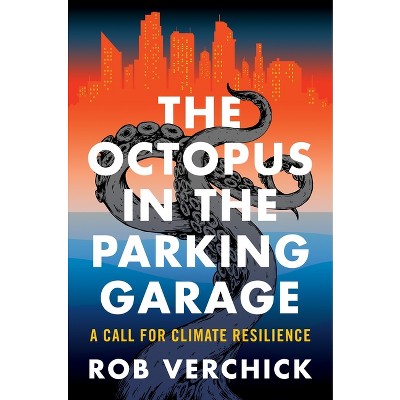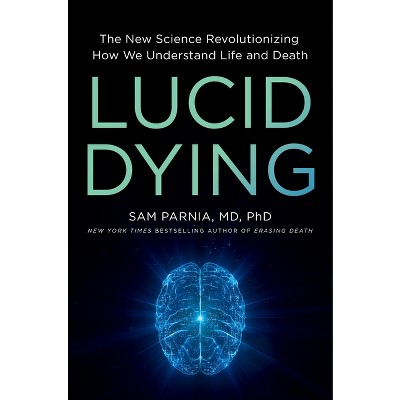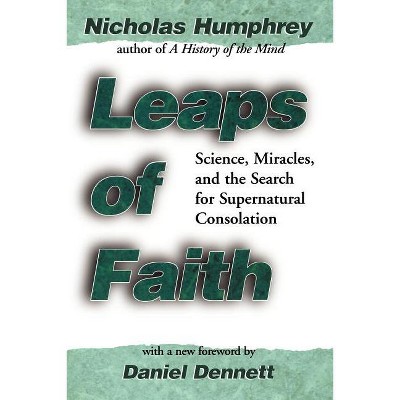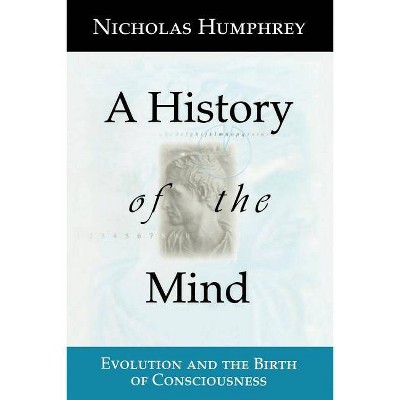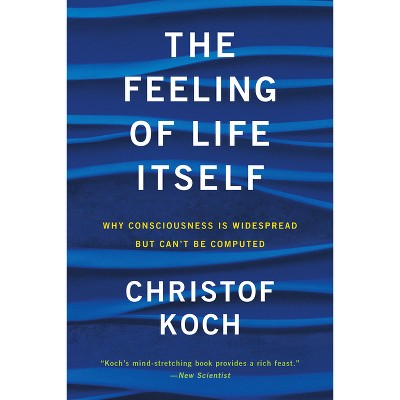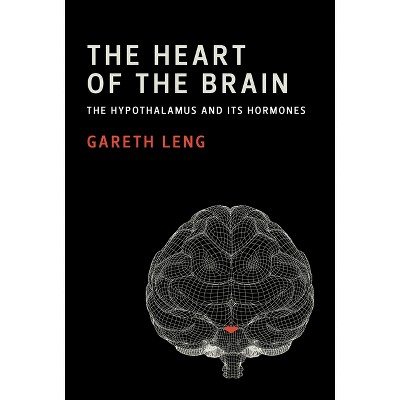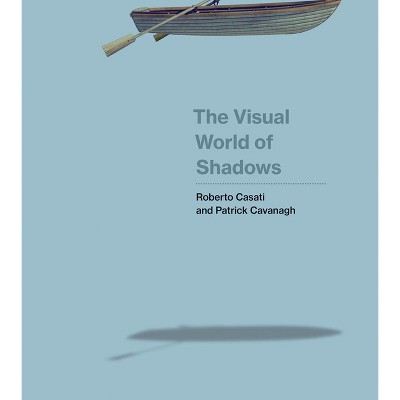$20.49 sale price when purchased online
$27.95 list price
Target Online store #3991
About this item
Highlights
- The story of a quest to uncover the evolutionary history of consciousness from one of the world's leading theoretical psychologists.
- About the Author: Nicholas Humphrey, Emeritus Professor of Psychology at the London School of Economics, is a theoretical psychologist based in Cambridge, who studies the evolution of intelligence and consciousness.
- 256 Pages
- Science, Life Sciences
Description
Book Synopsis
The story of a quest to uncover the evolutionary history of consciousness from one of the world's leading theoretical psychologists. We feel, therefore we are. Conscious sensations ground our sense of self. They are crucial to our idea of ourselves as psychic beings: present, existent, and mattering. But is it only humans who feel this way? Do other animals? Will future machines? Weaving together intellectual adventure and cutting-edge science, Nicholas Humphrey describes in Sentience his quest for answers: from his discovery of blindsight in monkeys and his pioneering work on social intelligence to breakthroughs in the philosophy of mind. The goal is to solve the hard problem: to explain the wondrous, eerie fact of "phenomenal consciousness"--the redness of a poppy, the sweetness of honey, the pain of a bee sting. What does this magical dimension of experience amount to? What is it for? And why has it evolved? Humphrey presents here his new solution. He proposes that phenomenal consciousness, far from being primitive, is a relatively late and sophisticated evolutionary development. The implications for the existence of sentience in nonhuman animals are startling and provocative.Review Quotes
Included in Lit Hub's Most Anticipated Books of 2023
"The history of science has alwyas relied on hard lines and clear categories, and for a long time one of the hardest of those lines was that between sentience and non-sentience. But as theoretical psychologist Nicholas Humphrey explores in Sentience, that line may not be as clear as initially thought, as discoveries in machine-learning, neurobiology, and animal consciousness raise more questions than they answer."
-- Lit Hub
"Wonderfully approachable . . . with a writing style somewhere between a deep conversation and a thought process. I particularly loved Humphrey's description of his heading off to Elba to investigate the paranormal claims of the eccentric Hugh Sartorius Whitaker and his experiences with Dian Fossey (not always pleasant) when visiting to study the 'natural psychologist' ability of gorillas. . . . Reading this book was a real pleasure."
-- Brian Clegg, Popular Science (UK) "A stimulating exercise in experiment and speculation. . . [a] fascinating premise. . . . Complex and sometimes counterintuitive concepts rendered with admirable skill."
-- Kirkus Reviews "Nicholas Humphrey's Beautiful Theory of Mind. . . . In his new book, Sentience, a neuropsychologist argues that consciousness evolved to make us feel that life is worth living."
--The New Yorker "Sentience is full of provocative ideas, as well as lively anecdotes from decades of pondering these issues. Humphrey's thesis offers a great deal to think about....[H]is book earns its place...and is a valiant reminder of how much there still is to understand."
-- New Scientist
"bold, brilliant, honest ... [Humphreys'] directness and philosophical sophistication are unusual in the crowded and noisy neuroscientific marketplace ... [An] important contribution to the debate. All future writers on consciousness will need to take Humphrey's speculations seriously. It is no less significant because it's written breezily and accessibly. I know of no better survey of the big questions in discussions about consciousness."
-- The Fortean Times
About the Author
Nicholas Humphrey, Emeritus Professor of Psychology at the London School of Economics, is a theoretical psychologist based in Cambridge, who studies the evolution of intelligence and consciousness. He was the first to demonstrate the existence of "blindsight" in monkeys. He has also studied mountain gorillas with Dian Fossey in Rwanda, proposed the celebrated theory of the "social function of intellect," and investigated the evolutionary background of religion, art, healing, death-awareness and suicide. His honors include the Martin Luther King Memorial Prize, the Pufendorf Medal, and the International Mind and Brain Prize. His most recent books are Seeing Red and Soul Dust.Dimensions (Overall): 9.06 Inches (H) x 6.06 Inches (W) x 1.02 Inches (D)
Weight: 1.1 Pounds
Suggested Age: 22 Years and Up
Number of Pages: 256
Genre: Science
Sub-Genre: Life Sciences
Publisher: MIT Press
Theme: Neuroscience
Format: Hardcover
Author: Nicholas Humphrey
Language: English
Street Date: March 14, 2023
TCIN: 86916956
UPC: 9780262047944
Item Number (DPCI): 247-15-0522
Origin: Made in the USA or Imported
Shipping details
Estimated ship dimensions: 1.02 inches length x 6.06 inches width x 9.06 inches height
Estimated ship weight: 1.1 pounds
We regret that this item cannot be shipped to PO Boxes.
This item cannot be shipped to the following locations: American Samoa (see also separate entry under AS), Guam (see also separate entry under GU), Northern Mariana Islands, Puerto Rico (see also separate entry under PR), United States Minor Outlying Islands, Virgin Islands, U.S., APO/FPO
Return details
This item can be returned to any Target store or Target.com.
This item must be returned within 90 days of the date it was purchased in store, shipped, delivered by a Shipt shopper, or made ready for pickup.
See the return policy for complete information.

